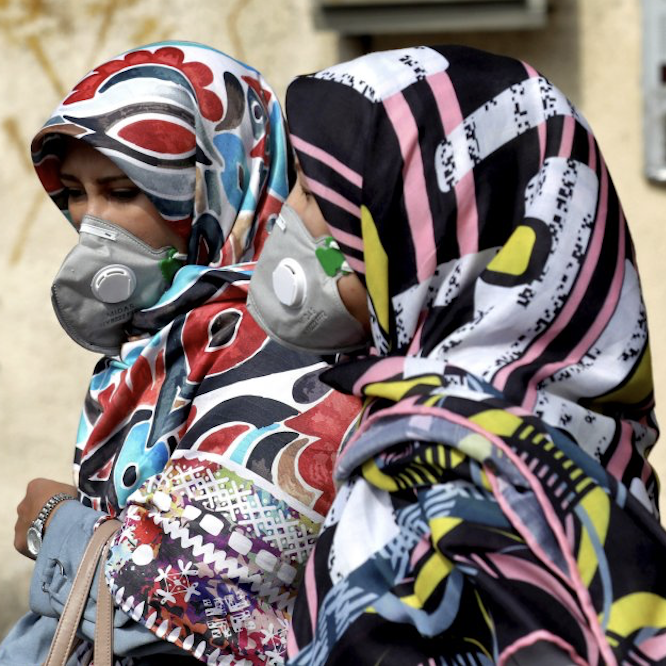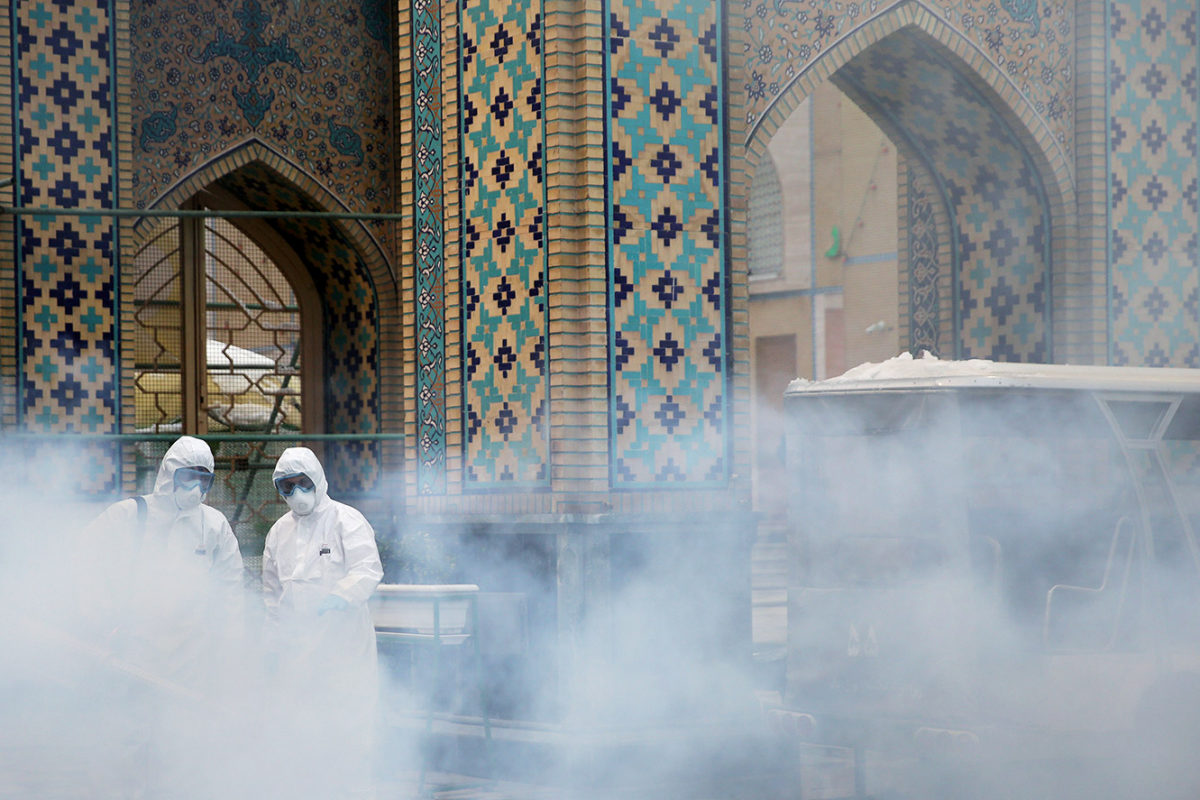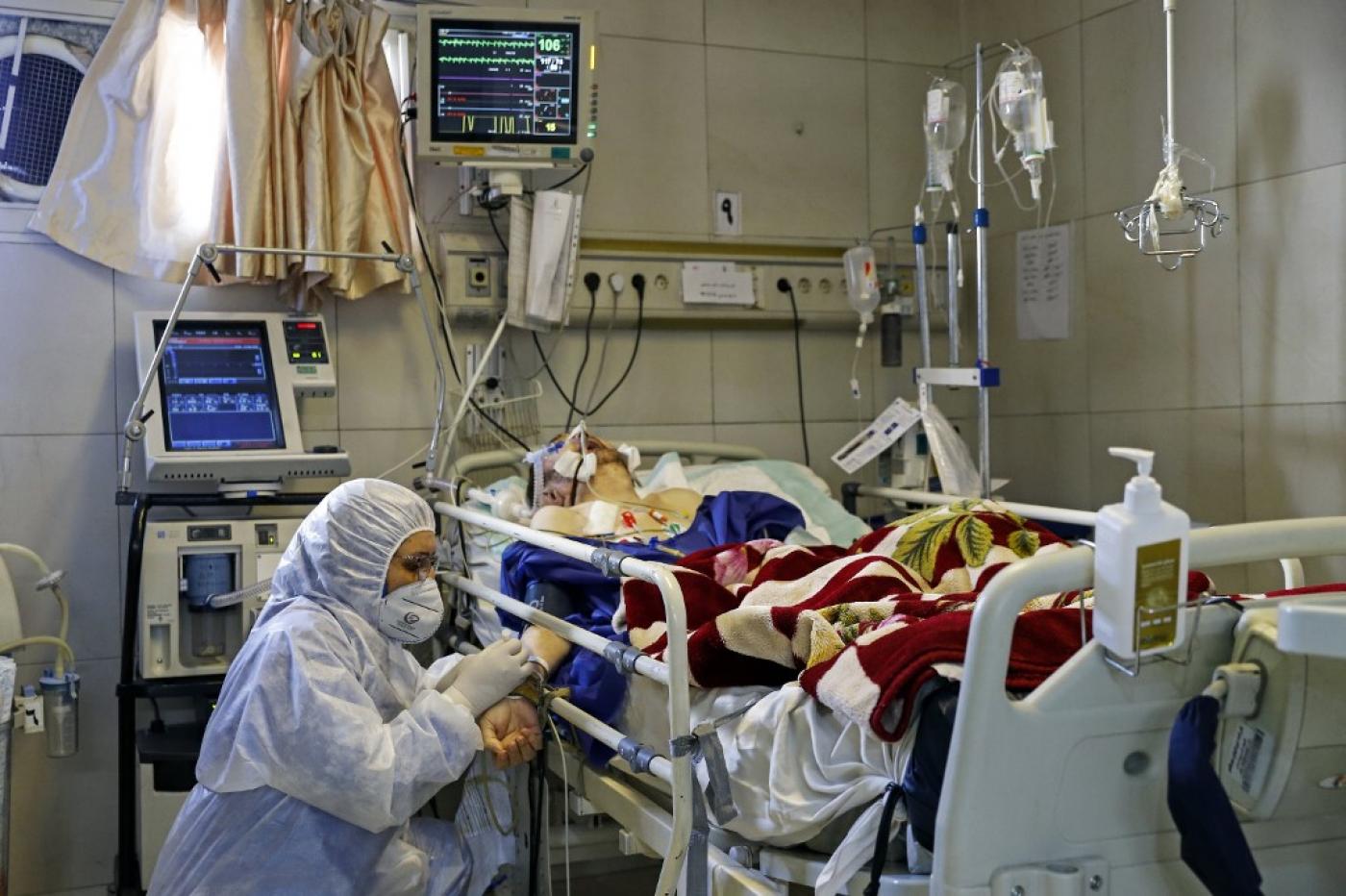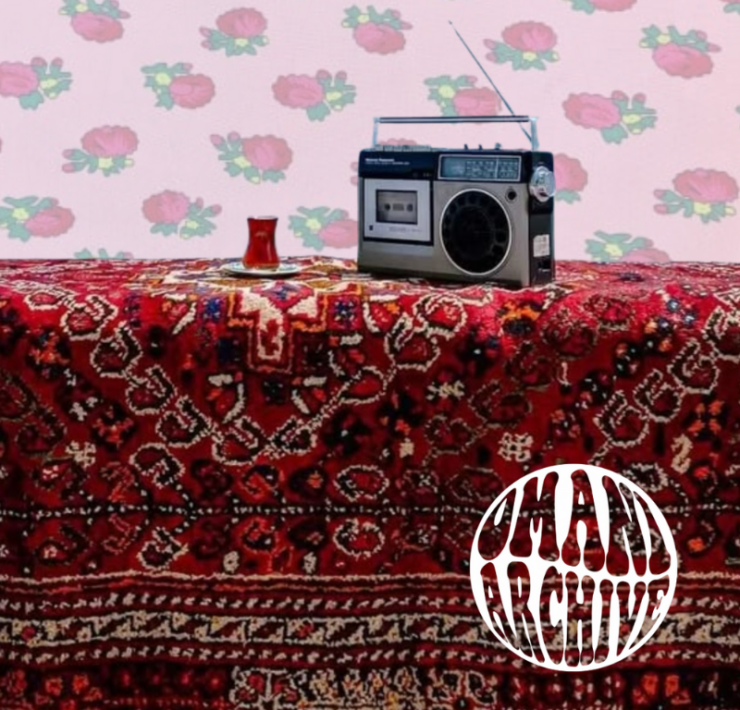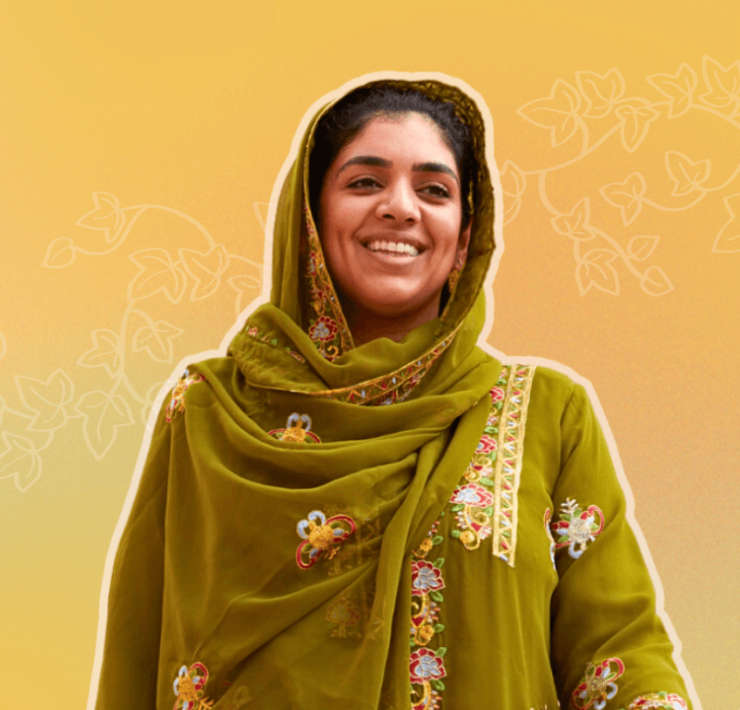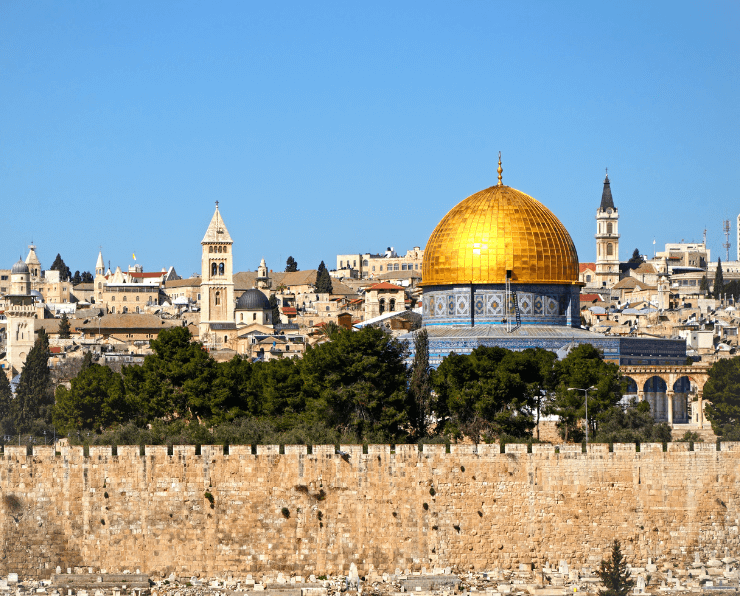By Hamdullah Baycar
Iran is one of the countries hardest-hit by COVID-19 in the Middle East – indeed, in the world. Iran’s regional neighbours, including its supposed competitors and adversaries in the Gulf, have acted somewhat surprisingly, quickly stepping up to provide humanitarian aid to Iran.
This has led to speculation that an end to the ongoing regional rivalry between Iran and its GCC neighbours – often characterised as being rooted in sectarianism – is in sight. However, this article shows that the Gulf states’ responses are less surprising than one might think, merely representing a continuation of current foreign policy.
 (image: PBS)
(image: PBS)
The Coronavirus situation in Iran has been worsened by a number of factors: (1) the ineffectiveness of the government’s response; (2) the regime’s lack of transparency; and, last but not least, (3) the country’s economic collapse and isolation, mainly due to US-led sanctions. COVID-19 has affected Iran to such a degree that, for the first time since the Islamic Revolution, it has requested a loan of $5 billion from the International Monetary Fund.
Iran has long had complicated relations with its Arab neighbours, and COVID-19 ushered in two opposite discourses: On one hand, Iran was blamed for not acting responsibly and allowing the virus to spread into neighbouring countries. Yet at the same time, Iran’s Arab neighbours were among the first to offer help – even those traditionally perceived as Iran’s competitors and adversaries.
The UAE, for example, sent an aid mission to Iran in collaboration with the World Health Organisation on March 3. Another aid convoy, bringing 32 tons of medical supplies and equipment, including thousands of pairs of gloves, surgical masks, and protective equipment, was sent on March 16. Kuwait pledged $10 million in humanitarian aid to help Iran in its fight against COVID-19, while Qatar also sent humanitarian aid to its Gulf neighbour, first on March 14 (5.5 tons of medical and sanitary items) and again on March 22 (7 tons).
 (image: Middle East Eye)
(image: Middle East Eye)
From an outsider’s perspective, both types of action (blame and aid) might appear surprising; however, a closer look at the demography, as well as international relations since the independence of the countries involved, reveal they are no more than the norm. Small Gulf Cooperation Council (GCC) states (Kuwait, the UAE, Qatar, and to an extent Bahrain, and Oman) have long used foreign aid as a main instrument of their foreign policy. The monarchs of these states rose to become the new donors of foreign aid within the region thanks to the oil and gas wealth they had accumulated, which also allowed them to prove themselves effective actors in international relations.
This foreign aid could be seen as a sign of goodwill, given that Iran is often portrayed as the “other” in the identity construction of these Arab GCC states. But the value of this aid should not be overestimated. Small GCC states, including the UAE (supposedly the most vocal opponent among them all) have been attempting to maintain a relatively peaceful relationship with Iran. They have skilfully managed to prevent any conflict flaring up – with the possible exception of the dispute over three islands located near the mouth of the Straits of Hormuz which are claimed by Iran and the UAE, but are currently under Iran’s control.
 (image: Newsweek)
(image: Newsweek)
Moreover, a closer look at the aid provided by these states in general will reveal the significance of foreign aid to these countries. The UAE, for example, proudly advertises itself as the top donor of foreign aid in terms of Gross National Income (GNI), giving 1.31% of its GNI to foreign developmental aid in 2017. Qatar has also leveraged several governmental and non-governmental institutions, such as the Qatar Charity, Qatar Fund for Development, and Qatar Red Crescent Society, to increase its visibility as a donor of foreign aid. Meanwhile Kuwait, which has enjoyed independence and oil wealth for longer than other small GCC states, established the Kuwait Fund for Arab Economic Development, which has been a role model for Abu Dhabi and Doha.
In short, this tells us that the “virus diplomacy” or “disaster diplomacy” we’re currently seeing between small GCC states and Iran is not exceptional, but instead represents a continued pattern of foreign policy.
 Hamdullah Baycar is a PhD candidate at the Institute of Arab and Islamic Studies at the University of Exeter. His research focuses on the identity politics of the Gulf. Orientalism, Colonialism, and Post-Colonialism are among his focus topics in his PhD. Before joining Exeter, he was a graduate student at the Center for Middle Eastern Studies at Harvard University (2017). He holds a B.A. in International Relations from Abant Izzet Baysal University in Turkey (2013).
Hamdullah Baycar is a PhD candidate at the Institute of Arab and Islamic Studies at the University of Exeter. His research focuses on the identity politics of the Gulf. Orientalism, Colonialism, and Post-Colonialism are among his focus topics in his PhD. Before joining Exeter, he was a graduate student at the Center for Middle Eastern Studies at Harvard University (2017). He holds a B.A. in International Relations from Abant Izzet Baysal University in Turkey (2013).
If you found this useful, you might also like:
Coronavirus in the Middle East: Everything you need to know
Reading list | 3 books to help you understand Oman
10 ways to learn Arabic at home for free
Cover image: flipboard.com

